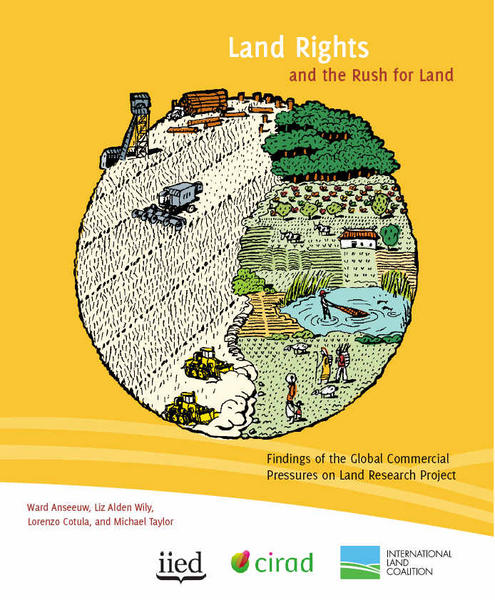Les entreprises françaises impliquées dans l’acquisition et la gestion de grands domaines agricoles et plantations à l’international [documents]
Sur fond de débat international sur l’« accaparement des terres », l’ONG Agronomes et vétérinaires sans frontières (AVSF) fait le point sur les groupes français qui achètent ou gèrent de grandes surfaces agricoles dans des pays étrangers.




